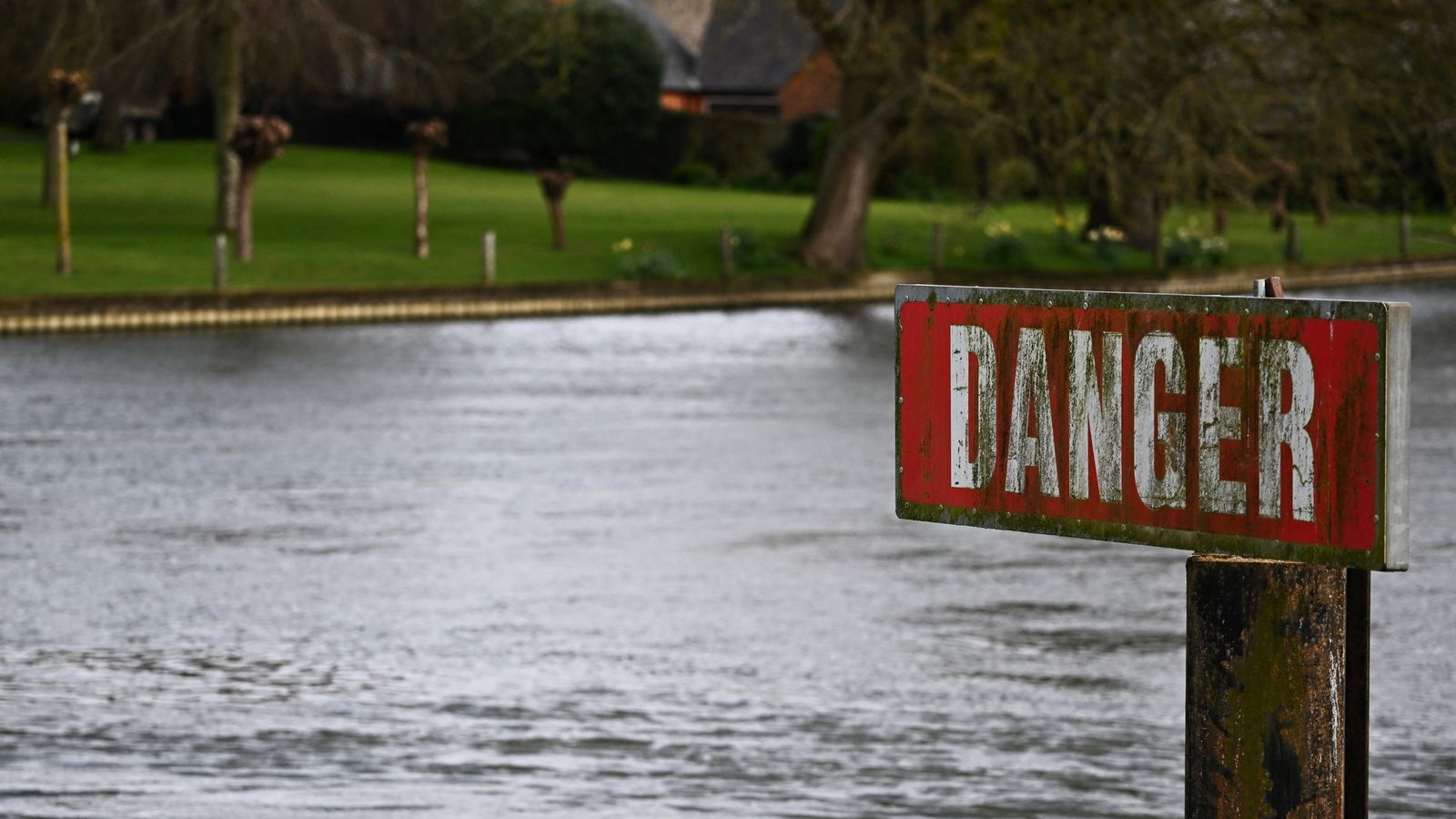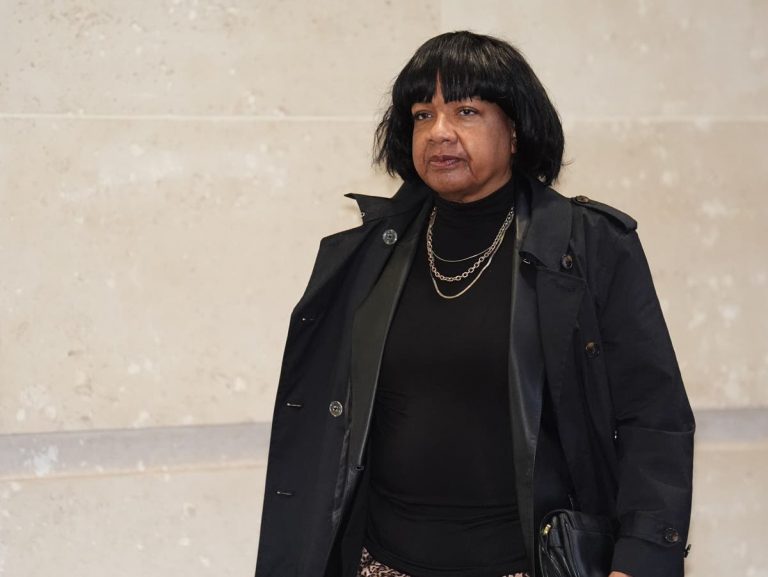The government and the water regulator broke the law by allowing sewage to be discharged outside of “exceptional circumstances”, according to the green watchdog.
Outlets called combined sewer overflows (CSOs) are only meant to be opened on rare occasions, such as during very heavy rain to stop sewage flooding back into homes and businesses.
But the Office for Environmental Protection said environment department Defra, water regulator Ofwat and the Environment Agency failed to give guidance, permits and enforcement for the use of CSOs in line with the law.
The findings come in a crucial week for the water industry.
Britain’s largest company Thames Water is in court today trying to get approval for a £3bn loan to stop it running out of cash, and on Thursday Ofwat will give its final verdict on how much bills can increase.
Campaigners who made the complaint to the green watchdog said it showed pollution “plaguing” rivers would not be happening if the various bodies were doing their jobs properly.
Sewage discharges can cause diarrhoea, stomach cramps and fever for swimmers, as well as harming wildlife and ecosystems.
The Office for Environmental Protection (OEP) has sent notices on what action must be taken to remedy the situation.
The various bodies have two months to respond, but a failure to take action could see them taken to court.
“The core issue identified in our investigation is the circumstances in which the regulatory system allows untreated sewage discharges to take place,” said Helen Venn, the OEP’s chief regulatory officer.
“We interpret the law to mean that they should generally be permitted only in exceptional circumstances, such as during unusually heavy rainfall,” added Ms Venn.
“This is unless an assessment of the CSO concludes that the costs to address the issue would be disproportionate to the benefits gained.
“While the public authorities are now taking steps to ensure their approaches are aligned and reflective of the law, we have found that this has not always been the case.”
The OEP investigation did not include overflows at sewage treatment works – where the Environment Agency is now investigating companies for potential failures.
Read more:
Thames Water spills spike as crucial decision looms
Five charts on why water bills are about to go up
Bonuses to water bosses rise amid sewage scandal
In response to the findings, an Ofwat spokesperson said it was “actively taking steps to remedy the issues”.
“We will continue to prioritise our enforcement investigation into all wastewater companies which started in 2021 to ensure that companies are meeting their environmental obligations,” they said.
A Labour spokesperson said “catastrophic policies” by the Tories had “left record levels of sewage pollution in Britain’s rivers, lakes and seas”.
They said they had now acted “decisively” to put water firms in special measures, with new powers to ban bonuses and bring back criminal charges.
An Environment Agency spokesperson said it had “made significant progress in addressing the issues identified by the OEP and are consulting on updates to our permitting approach and regulatory framework for storm overflows”.

























+ There are no comments
Add yours